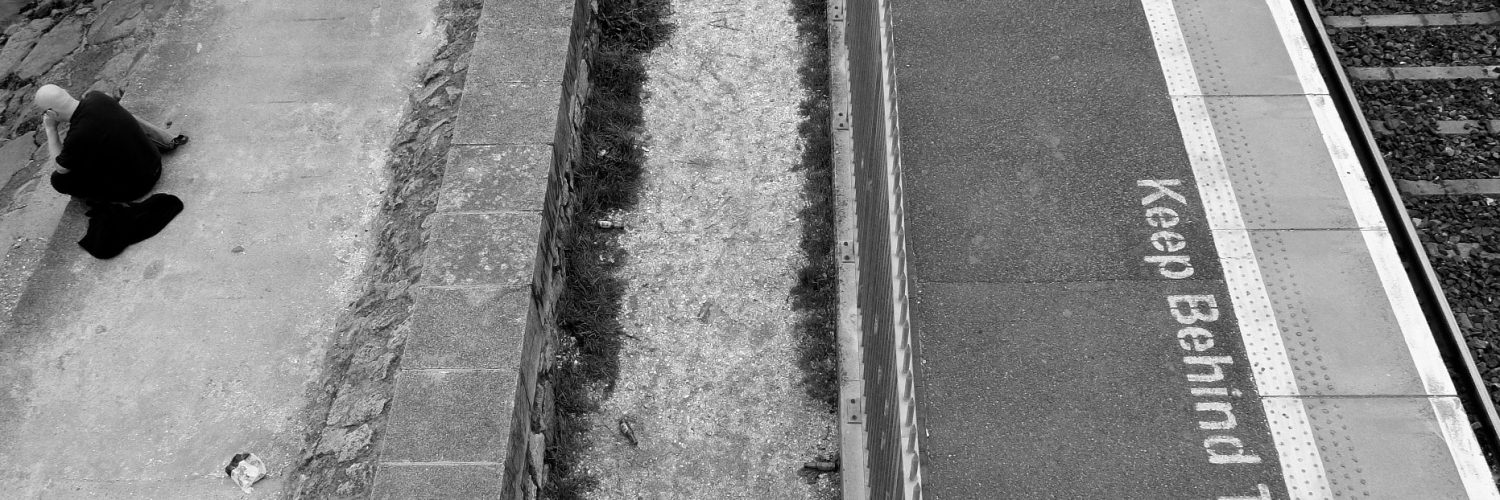CC e Privacidade

O blog do Lessig apresenta um caso interessante onde está em jogo a licença Creative Commons e o direito à privacidade no post On the Texas suit against Virgin and Creative Commons. Um fotógrafo fez a foto de uma menina e colocou no Flickr sob a licença CC. A Virgin Australia pegou a foto e usou em uma campanha publicitária. O fotógrafo acusa a empresa de ter violado a licença CC por não te-lo citado, e os pais da menina acusam a Virgin de violação do direito à privacidade. Bom, não sou advogado mas acho que sim, que a Virgin viola o direito de privacidade da menina, que ela viola a licença já que não cita o fotógrafio, embora tivesse o direito de usar a foto do Flickr, respeitando o autor e pedindo autorização de uso da imagem aos pais da criança. Bom, sigam o debate no blog do Lessig sobre a complexidade da licença que até agora não havia sido confrontada com esse tipo de problema. Abaixo alguns trechos para ilustrar a questão:
“Slashdot has an entry about a lawsuit filed this week by parents of a Texas minor whose photograph was used by Virgin Australia in an advertising campaign. The photograph was taken by an adult. He posted it to Flickr under a CC-Attribution license. The parents of the minor are complaining that Virgin violated their daughter’s right to privacy (by using a photograph of her for commercial purposes without her or her parents permission). The photographer is also a plaintiff. He is complaining that Creative Commons failed “to adequately educate and warn him … of the meaning of commercial use and the ramifications and effects of entering into a license allowing such use.” (Count V of the complaint).(…)
The CC licenses, for example, don’t purport to deal with rights of privacy. We’ve already begun to think about whether we should because of an iCommons node, or project, our chairman, Joi Ito, wants to launch called the “freesouls” project. Joi’s aim is to produce high quality images of interesting people, licensed under a CC-BY license. He certainly recognizes that means commercial entities (like Virgin) can use his photographs. But without a “model release,” such use is not simple. (…) Again, the CC-BY license solves the permissions problem for all copyrights. But it does not solve the permissions problem for a publicity right, or a right of privacy.(…)
But this case shows something about why that objective is not as simple as it seems. I doubt that any court would find the photographer in this case had violated any right of privacy merely by posting a photograph like this on Flickr. Nor would any court, in my view, find a noncommercial use of a photograph like this violative of any right of privacy. And finally, as the world is just now, while many might resist the idea of Virgin using a photograph of theirs for free (and thus not select a license that explicitly authorizes “commercial use”), most in the net community would be perfectly fine with noncommercial use of a photograph by others within the net community.
The Noncommercial license tries to match these expectations. It tries to authorize sharing and reuse — not within a commercial economy, but within a sharing economy. It tries to do so in a way that wouldn’t trigger at least most non-copyright rights (though again, most is not all — a CC BY-NC licensed photograph by a voyeur still violates rights of privacy, for example). And it tries to do so in a way that protects the copyright owner against presumptions about the waiver of his rights suggested by posting a work freely.”
